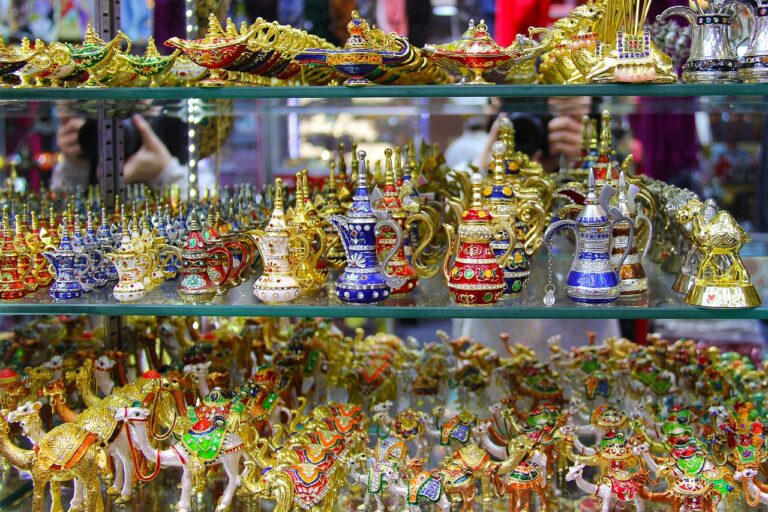The Psychology of Seasonal Sales: How Limited-Time Offers Drive Shopping Behavior
Scarcity plays a significant role in influencing consumer decision making. When consumers perceive a product or service to be in limited supply or available for a limited time only, their sense of urgency and desire to acquire it increase. This scarcity effect triggers a fear of missing out (FOMO), compelling consumers to act quickly before the opportunity is gone.
Furthermore, scarcity can also enhance the perceived value of a product or service in the eyes of consumers. The limited availability creates a sense of exclusivity, making the product more desirable and appealing to individuals who want to stand out or feel special. This psychological principle taps into consumers’ innate drive to possess something rare or unique, ultimately driving purchasing decisions based on scarcity alone.
The Role of Urgency in Creating Demand
Limited-time offers and urgent sales create a sense of scarcity that drives consumer demand. The fear of missing out (FOMO) compels individuals to act quickly when they believe an opportunity is fleeting. By leveraging urgency in marketing strategies, businesses can push customers to make impulsive purchases and capitalize on their desire for instant gratification.
The principle of urgency taps into consumers’ psychological triggers, prompting them to prioritize immediate needs over long-term considerations. When faced with time-sensitive offers, individuals are more likely to act impulsively and make purchasing decisions without thorough deliberation. By instilling a sense of urgency, businesses can stimulate demand, boost sales, and create a sense of exclusivity that resonates with consumers seeking unique and time-limited opportunities.
How Limited-Time Offers Tap Into FOMO
Limited-time offers are a powerful marketing tool that capitalizes on consumers’ fear of missing out (FOMO). These time-sensitive promotions create a sense of urgency and scarcity, triggering psychological mechanisms that drive individuals to make impulsive purchasing decisions. By emphasizing the limited availability of a product or service, companies tap into consumers’ innate desire to not miss out on a valuable opportunity.
The fear of missing out can lead consumers to act quickly in order to secure the special offer before it expires. This urgency to avoid missing out on a great deal can override rational decision-making processes, prompting individuals to make purchases they may not have otherwise considered. Limited-time offers not only drive immediate sales but also cultivate a sense of excitement and exclusivity around a product or service, further fueling consumers’ desire to participate in the offer.
• Limited-time offers create a sense of urgency and scarcity
• Trigger psychological mechanisms that drive impulsive purchasing decisions
• Emphasize the limited availability to tap into FOMO
• Consumers act quickly to secure special offers before they expire
The fear of missing out is a powerful motivator that can influence consumer behavior in significant ways. By leveraging limited-time offers, companies can harness this psychological phenomenon to boost sales and engagement with their target audience. The time-sensitive nature of these promotions compels consumers to act swiftly, leading to increased conversions and revenue for businesses. In today’s competitive market landscape, tapping into FOMO through limited-time offers has become an essential strategy for driving customer acquisition and loyalty.
How does scarcity impact consumer decision making?
Scarcity creates a sense of urgency and exclusivity, making consumers more likely to make a purchase to avoid missing out on the opportunity.
What role does urgency play in creating demand?
Urgency triggers a fear of missing out (FOMO) in consumers, prompting them to act quickly to take advantage of a limited-time offer.
How do limited-time offers tap into FOMO?
Limited-time offers create a sense of urgency and scarcity, triggering FOMO in consumers and motivating them to make a purchase before the offer expires.







